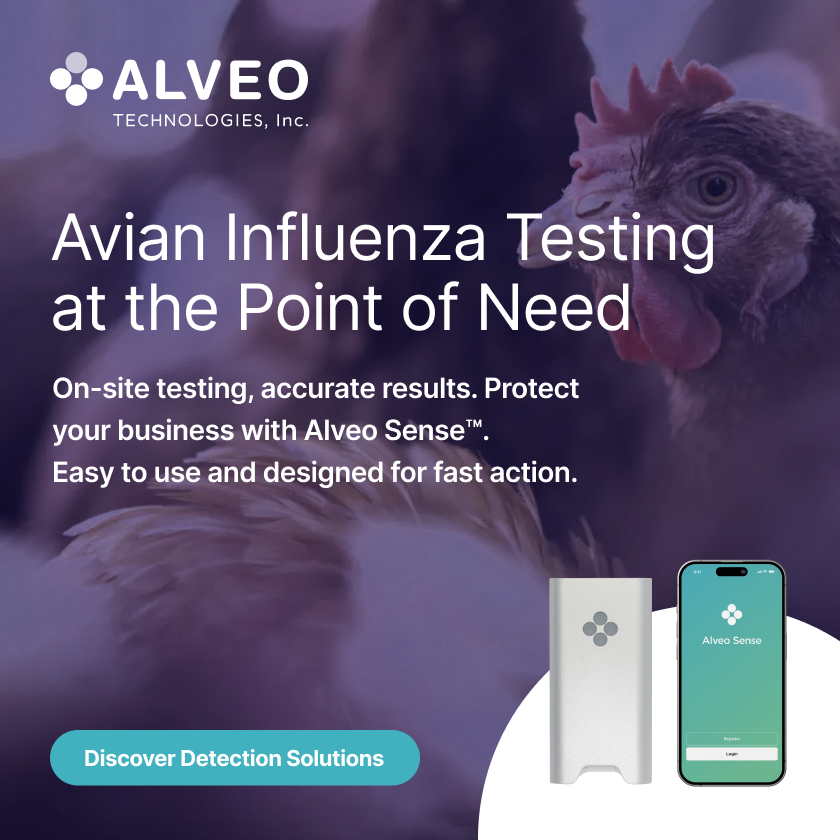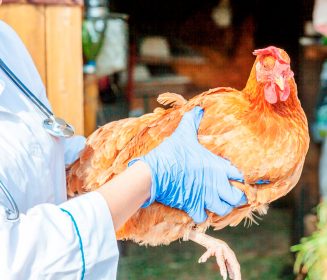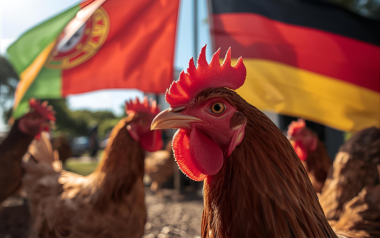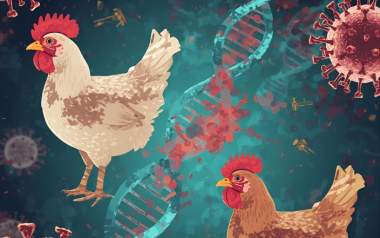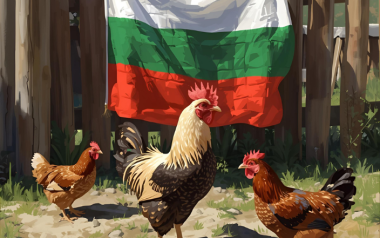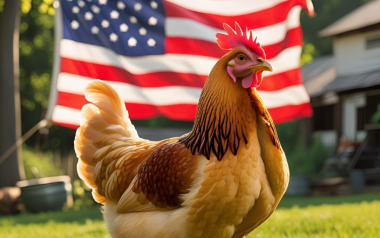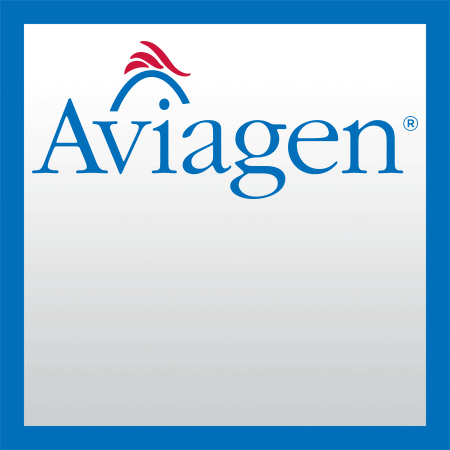Sources: Available upon request
25 Aug 2024
France to launch 2nd vaccination campaign against AI H5N1
In a significant move to protect its poultry industry, France is set to launch its second commercial vaccination campaign against Avian Influenza H5N1. This initiative, scheduled to begin on October 1, 2024, follows the success of the inaugural campaign last year, which saw the vaccination of over 50 million ducks.
In a significant move to protect its poultry industry, France is set to launch its second commercial vaccination campaign against Avian Influenza H5N1. This initiative, scheduled to begin on October 1, 2024, follows the success of the inaugural campaign last year, which saw the vaccination of over 50 million ducks.
Background and importance
Avian Influenza H5N1, a highly pathogenic virus, poses a severe threat to poultry worldwide. The virus can cause high mortality rates in birds, leading to substantial economic losses for farmers and the broader agricultural sector. In recent years, outbreaks have been reported globally, prompting countries to adopt various measures to control its spread. France, a major player in the poultry industry, has been proactive in its efforts to combat this disease.
The first campaign: a success story
The first vaccination campaign, launched in 2023, was a landmark effort in the fight against Avian Influenza. The French government, in collaboration with leading pharmaceutical companies administered vaccines to millions of ducks. This campaign not only helped in controlling the spread of the virus but also provided valuable insights into the logistics and effectiveness of mass vaccination programs.
The second campaign: building on success
Encouraged by the positive outcomes of the first campaign, the French Ministry of Agriculture announced the second phase of the vaccination drive. This time, the government has ordered approximately 68 million doses of the vaccine, ensuring ample supply for the upcoming campaign. The cost of this initiative is estimated to be around 100 million euros, with the government covering 70% of the expenses.
Objectives and implementation
The primary objective of the second vaccination campaign is to further reduce the incidence of Avian Influenza in France and safeguard the poultry industry. The campaign will focus on vaccinating ducks, which are particularly susceptible to the virus. By immunizing a significant portion of the duck population, the government aims to create a buffer against potential outbreaks, thereby protecting both animal and public health.
Challenges and considerations
While the first campaign was largely successful, it also highlighted several challenges. Logistics, such as the distribution of vaccines and coordination among various stakeholders, were critical factors that required meticulous planning. The second campaign will benefit from the lessons learned, with improved procedures and strategies to ensure a smoother implementation.
Moreover, the gradual shift of financial responsibility from the government to the poultry sector is a notable aspect of this campaign. Last year, the government funded 85% of the vaccination costs, but this year, the contribution has been reduced to 70%. This transition aims to encourage greater involvement and investment from the industry itself.
Global implications
France’s proactive approach to combating Avian Influenza sets a precedent for other countries facing similar challenges. The success of these vaccination campaigns demonstrates the feasibility and effectiveness of large-scale immunization efforts. As the threat of Avian Influenza continues to loom, international collaboration and knowledge sharing will be crucial in developing comprehensive strategies to protect the global poultry industry.
Conclusion
France’s second commercial vaccination campaign against Avian Influenza H5N1 marks a significant step in the ongoing battle against this deadly virus. By building on the success of the previous campaign and addressing the challenges encountered, France is poised to enhance the resilience of its poultry sector. This initiative not only safeguards the nation’s agricultural economy but also contributes to global efforts in controlling Avian Influenza.





